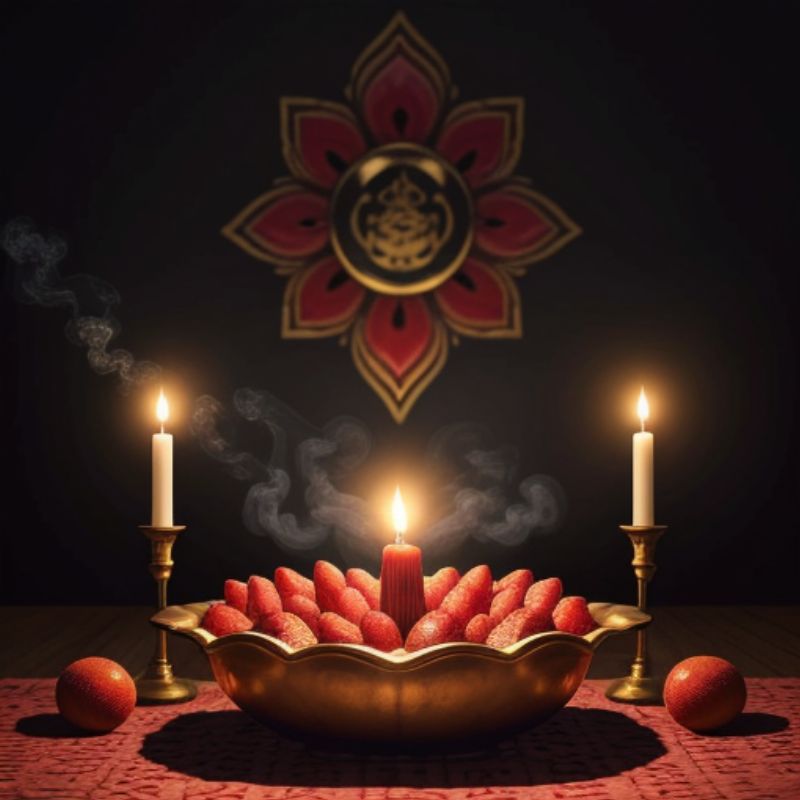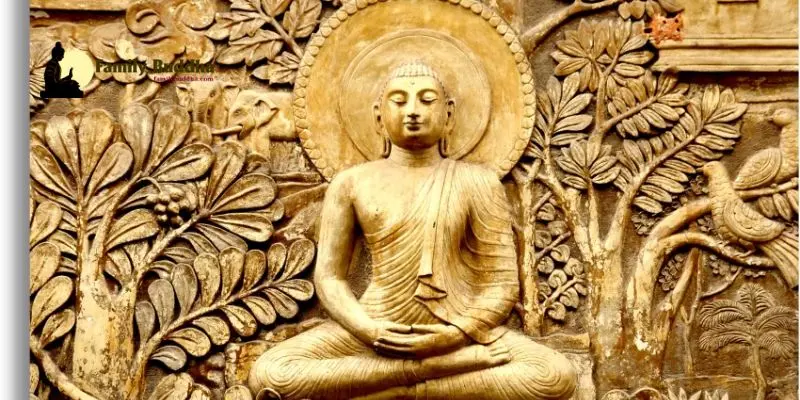Have you ever nervously chuckled receiving good luck wishes on Friday the 13th? It’s a day steeped in superstition, often seen as unlucky in many cultures. But what about Buddhism? Does this ancient philosophy, focused on enlightenment and inner peace, buy into such notions? As the Vietnamese proverb goes, ” Gieo gió gặt bão,” – we reap what we sow. Buddhism encourages us to look inward, to cultivate our own good fortune through mindful actions and intentions.
Beyond Superstition: The Buddhist Lens
Buddhism, unlike many belief systems, doesn’t place much emphasis on outward rituals or superstitions for good luck. Instead, it teaches us that we shape our own reality through our actions (karma) and the state of our minds.
Understanding Karma and Its Implications
Think of it like this: Imagine dropping a pebble in a still pond. It creates ripples, right? Our actions, big or small, are like those pebbles. They create ripples of consequences, shaping our experiences.
- Good actions, driven by wholesome intentions (like generosity or kindness), create positive karma.
- Conversely, negative actions fueled by greed, anger, or delusion lead to suffering.
So, while Friday the 13th might seem ominous to some, a Buddhist might see it as any other day – an opportunity to cultivate good karma through mindful actions. It’s about focusing on what we can control – ourselves – rather than external forces.
The Four Noble Truths and Navigating Life’s Uncertainties
Buddhism offers a framework for understanding and navigating the ups and downs of life, including those moments that might feel unlucky. The Four Noble Truths are central to this:
- The Truth of Suffering (Dukkha): Life inherently involves suffering. This includes physical pain, emotional distress, and even the subtle dissatisfaction that comes with impermanence.
- The Truth of the Cause of Suffering (Samudaya): Suffering arises from attachment, aversion, and ignorance. We cling to things we desire, push away what we dislike, and remain blind to the true nature of reality.
- The Truth of the Cessation of Suffering (Nirodha): Suffering can cease by uprooting its causes. This involves letting go of attachments, overcoming aversion, and cultivating wisdom.
- The Truth of the Path to the Cessation of Suffering (Magga): The path to liberation from suffering is the Noble Eightfold Path, a practice encompassing ethical conduct, mental discipline, and wisdom.
Even when faced with challenges – be it a “bad luck” day or other difficulties – these truths offer a way to find peace:
- Acceptance: Acknowledge that difficulties are a part of life. This doesn’t mean passive resignation but rather a recognition of reality.
- Understanding: Explore the roots of suffering. Are anxieties stemming from fear, attachment, or unrealistic expectations?
- Action: Engage in practices that cultivate peace and wisdom. Meditation, mindful living, and acts of loving-kindness can transform our relationship with suffering.









